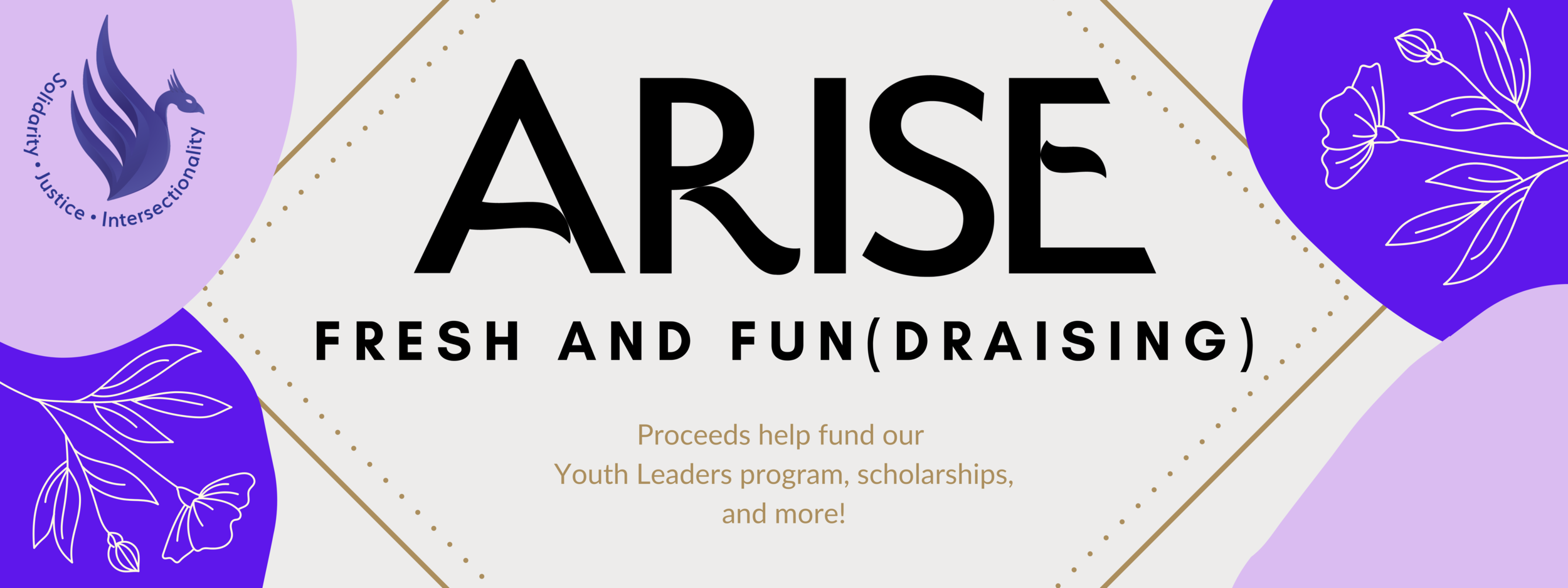As parents, youth, and community members deeply concerned for our children’s safety, we are deeply troubled by the surveillance measures put forth by House Bill 8329, which are proven to be not only ineffective, but endanger our youth, lower rates of academic achievement, and detracts needed funding from programs and facilities that actually protect and help students.
First, we want to acknowledge that the events of this past month have sparked real fears about the safety of our children. We, too, are afraid. But at the same time, we are also afraid that the growing calls for increased policing and surveillance will cause more harm than good. Years of research and multiple studies show that police do not prevent school shootings (rather, more people die when an officer is present at a shooting than when there isn't), and more than that, put our youth at risk of mental and physical harm. This, alone, is enough to question the bill’s effectiveness, as it calls for “a school resource officer or security personnel, armed or unarmed, at every entrance of the school building.”
Additionally, we know that security systems designed to keep “intruders” out does not prevent school shootings, as most shooters are current or former students. Rather, the bill’s call to “[lock] exterior doors after student arrival; [and allow] visitation only after valid ID and stated purpose of entry,” and its proposal to “require security cameras at every school entrance as well as on the perimeter of school property” would put our students – especially those of color – at risk of physical and psychological harm.
Already, students of color are disproportionately targeted by disciplinary systems: federal investigations find that Black girls, for instance, are 7x more likely to receive multiple out-of-school suspensions and 3x more likely to receive referrals to law enforcement for behavior similar or identical to their white peers. To quote, “it is not that they misbehave more than their peers, but their behaviors may be judged more harshly.” Similar statistics exist for Black boys, other youth of color, and disabled students. This sort of punishment not only jeopardizes our students’ academic careers, but often leads to long-term trauma and anxiety. Given these facts, we are concerned about the implementation of surveillance systems that will only exacerbate the existing misinterpretations of “suspicious” or “disruptive” behavior.
Moreover, the implementation of widespread surveillance systems severely undermines our ability to create an environment in which every student feels that they belong. The hyper-policing and surveillance of schools has historically made students feel too afraid to express themselves; Edward Ward, an honor student from a highly policed school in Chicago, says that “I felt constantly in a state of alert, afraid to make even the smallest mistake.” Let’s not replicate that in Rhode Island. Our students are not criminals and should not be treated, nor made to feel, as such. How are our youth meant to excel in school when their mental and emotional bandwidth is being so consumed by fear of surveillance, policing, and punishment?
These sorts of proposals redirect funding from enrichment programs that help and protect our youth, as well as from improving existing school facilities that actually keep our students safe and healthy, which remain concerningly under-resourced.
For context
H 8329, sponsored by Reps Price, Noret, Roberts, Quattrocchi, O'Brien, Shanley, Newberry, Nardone, Fenton-Fung, Hull:
Would require a SRO or security personnel at every entrance of a school building at all pre-K through 12 schools in RI.
Would require locking of exterior doors after student arrival; visitation only after valid ID and stated purpose of entry; and visitation only through outside door buzz-in system.
Would require security cameras at every school entrance as well as on the perimeter of school property.

